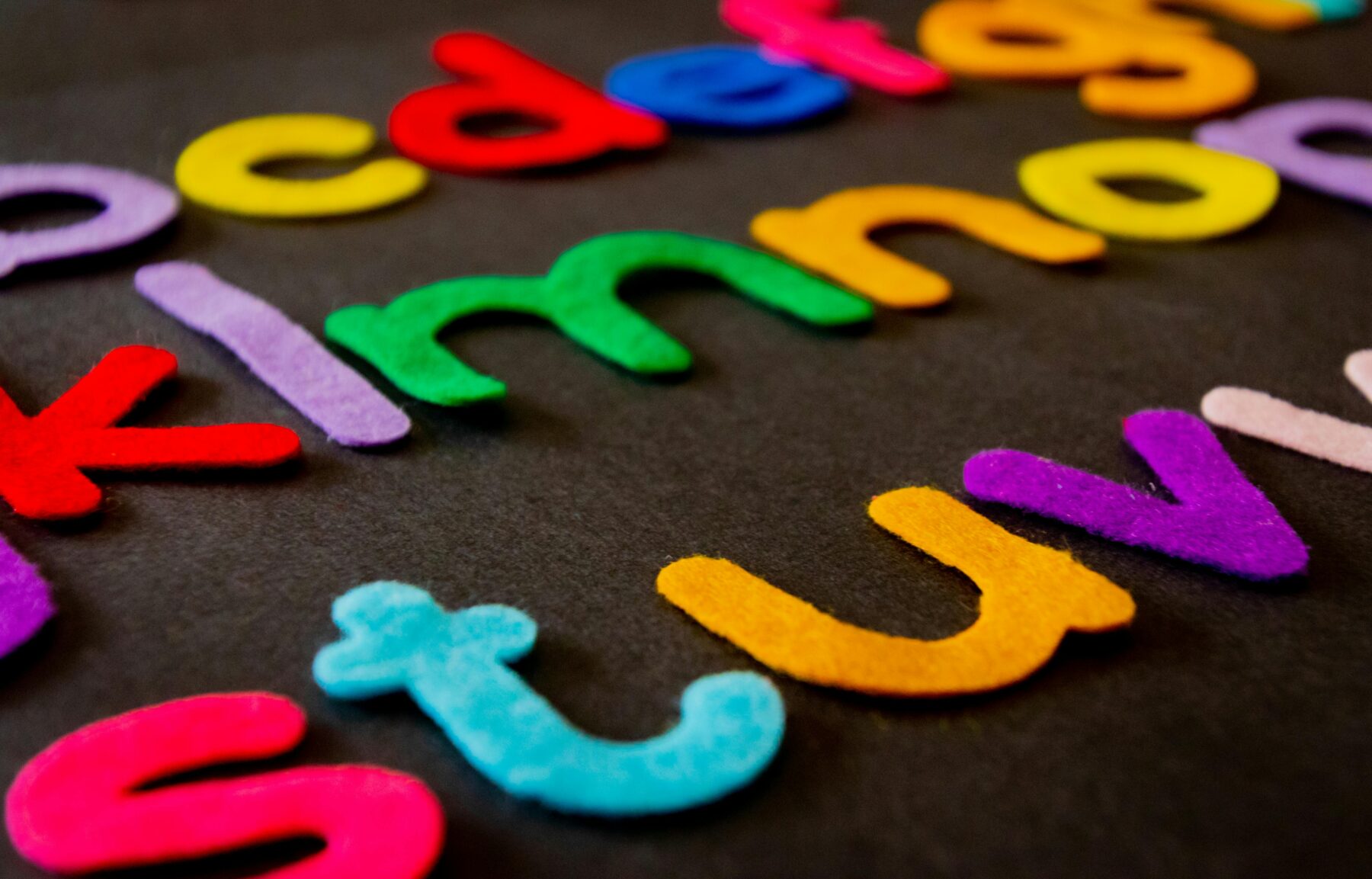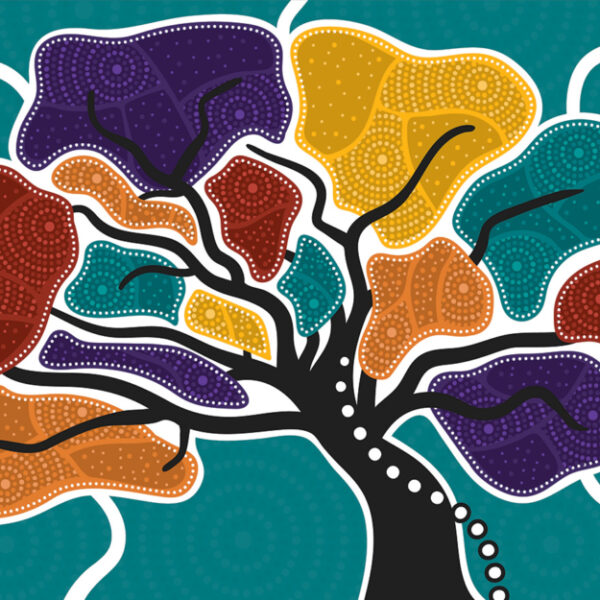Languages are a powerful tool in early learning

Early childhood education and care (ECEC) settings are instrumental in creating a foundation for a child’s growth and development and the push for teaching new languages is growing.
There is evidence that exposing children to multiple languages in their early stages can have cognitive, linguistic and socio-emotional benefits. This is often demonstrated through:
- Problem-solving skills
- Better attention control
- Greater creativity
- Increased vocabulary
- Language fluency
- Cultural awareness and empathy
Embracing mulitlinguism in ECEC settings can create inclusive learning environments, celebrating diversity and fostering a sense of belonging for children from diverse backgrounds.
Ways to implement language learning in ECEC:
- General exposure – engaging with languages through books, songs, games
- Input from families – sharing native languages and cultural traditions
- Integrated curriculums – incorporating language into activities, routines and curriculum plans through active engagement and authentic contexts
- Professional development – opportunities for staff to engage in workshops, webinars and other resources to enhance their own knowledge to share with children
Popular

Workforce
Quality
Practice
Provider
Research
How one teacher is using Little J & Big Cuz to build empathy, understanding and confidence in First Nations learning
2025-12-08 07:15:19
by Fiona Alston

Quality
Policy
Practice
Provider
Economics
Research
Workforce
NQF Annual Report 2025: Quality gains continue, but sector faces compliance pressures and persistent equity gaps
2025-12-10 07:21:19
by Fiona Alston

Research
Provider
Intentional science play: a three‑stage pathway to foster children’s scientific literacy in the early years
2025-12-10 07:45:26
by Fiona Alston
















